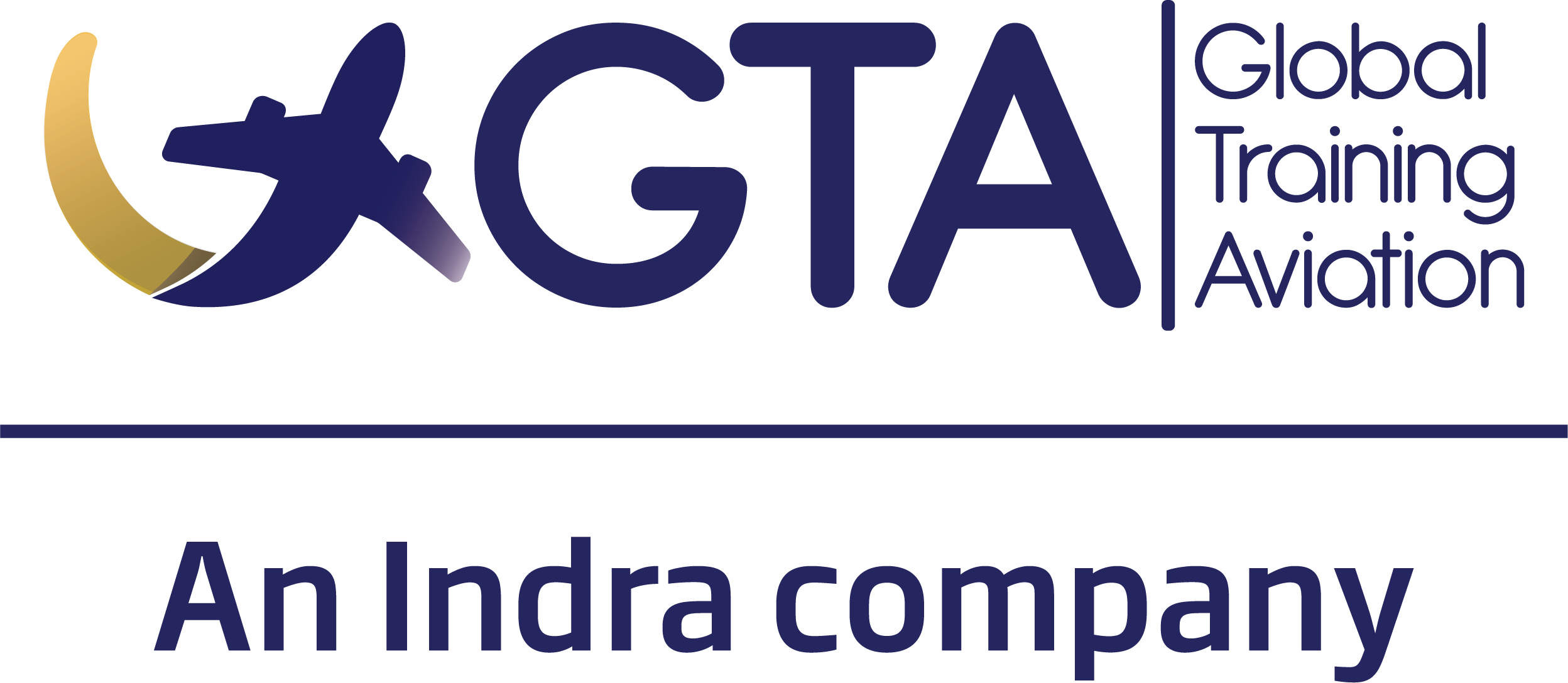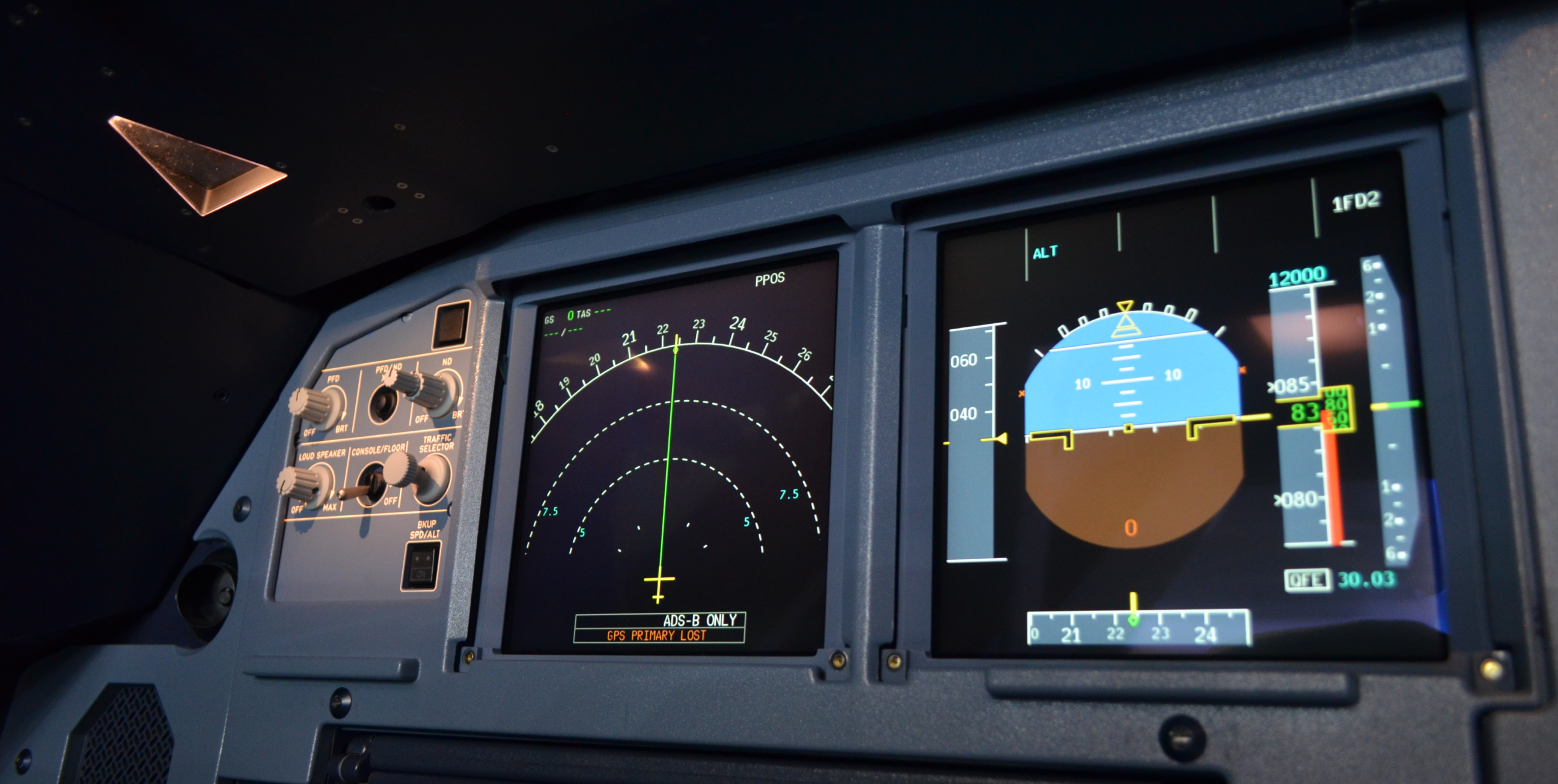For aspiring airline pilots, completing Multi-Crew Cooperation (MCC) and Jet Orientation Course (JOC) training is a vital step in transitioning from general aviation to a professional airline cockpit. These training programs equip pilots with the skills and knowledge required to work effectively in a multi-crew environment and handle the dynamics of modern jet aircraft. Whether you are preparing to fly an Airbus A320, a Boeing B737, or an ATR 500/600, MCC and JOC training provide the foundation needed to succeed in the highly demanding world of commercial aviation.
What Are MCC and JOC Training?
MCC and JOC training are essential courses for pilots aiming to work in airline operations. These courses focus on the technical and interpersonal skills needed to function effectively in the cockpit with multiple crew members while operating jet aircraft.
Multi-Crew Cooperation (MCC)
The MCC course focuses on the interpersonal and technical skills required to operate as part of a multi-pilot crew. It covers crucial aspects such as communication, teamwork, decision-making, and workload management. Flying large aircraft like the Airbus A320 or Boeing B737 requires seamless cooperation between the captain and first officer. MCC training specifically prepares pilots for this environment. Furthermore, the course emphasizes the importance of effective teamwork, especially when operating in high-pressure situations.
Jet Orientation Course (JOC)
The JOC bridges the gap between general aviation and commercial jet operations. This course provides practical experience with jet aircraft handling, focusing on high-performance characteristics like speed, weight, and advanced avionics. JOC training ensures pilots are ready for the unique challenges of flying jets, such as managing fast-paced descents, handling complex systems, and operating within strict airline procedures. In addition, JOC training also emphasizes handling emergency situations, which are common in the fast-paced world of commercial aviation.
Together, MCC and JOC training provide a comprehensive skill set that is essential for pilots transitioning to airline operations. Therefore, completing both training programs is necessary to be fully prepared for the challenges of the airline industry.
Why Is MCC + JOC Training Crucial for Airline Pilots?
- Transitioning to Multi-Crew Operations
Unlike general aviation, where pilots often operate single-pilot aircraft, airline cockpits rely on the combined efforts of two pilots. MCC training introduces pilots to the concepts of shared responsibility, effective communication, and mutual support. These skills are critical when operating aircraft, where coordination between crew members ensures safe and efficient flights. Moreover, working as a team is necessary for ensuring smooth flight operations, particularly in challenging circumstances.
- Preparing for Jet Aircraft Dynamics
JOC training focuses on the unique handling characteristics of jet aircraft, such as higher speeds, advanced autopilot systems, and modern avionics. For pilots aiming to fly jets like the A320, this training builds confidence and competence, ensuring they can manage the fast-paced environment of airline operations. Additionally, JOC training provides pilots with essential experience in operating under airline-specific conditions, preparing them for real-world flying scenarios.
- Meeting Airline Recruitment Standards
Most airlines require pilots to complete MCC and JOC training before applying for a position. These certifications show that a pilot has the technical and interpersonal skills needed to thrive in a multi-crew cockpit. Airlines operating fleets of Airbus, Boeing, or ATR aircraft often prioritize candidates who have undergone high-quality MCC and JOC programs. Consequently, pilots who complete this training are often considered more competitive candidates for airline positions.
- Enhancing Safety and Professionalism
Safety is at the core of commercial aviation, and MCC + JOC training instills a culture of professionalism and diligence. Pilots learn to handle complex situations collaboratively, reduce errors through effective communication, and operate in a highly regulated environment. This preparation is essential for managing the challenges of airline operations. Moreover, training provides pilots with the ability to anticipate potential risks, further improving safety in the cockpit.
What Does MCC + JOC Training Involve?
The MCC and JOC training programs each have distinct highlights that prepare pilots for their future careers in aviation. These include both theoretical and practical training to ensure pilots are ready for the demands of commercial airline operations.
MCC Course Highlights
- Crew Resource Management (CRM): Developing effective communication, leadership, and decision-making skills.
- Simulator Sessions: Practicing multi-crew operations in a realistic environment, often on Full Flight Simulators like those used for the Airbus A320 or Boeing B737.
- Emergency Scenarios: Handling abnormal situations collaboratively, ensuring a coordinated response.
JOC Course Highlights
- Jet Handling: Mastering the dynamics of jet aircraft, including high-speed approaches and advanced flight controls.
- Systems Familiarization: Gaining an understanding of complex jet systems, preparing pilots for type rating training.
- Practical Application: Simulating real-world airline scenarios to build confidence and competence.
At Global Training Aviation, our MCC + JOC programs are tailored to provide an immersive and effective training experience. Using advanced simulators for aircraft like the ATR 500 and ATR 600, Boeing B737, and Airbus A320, we ensure pilots are well-prepared for the next stage of their careers. Thus, our training ensures that pilots gain the skills they need to succeed in commercial aviation.
Why Choose Global Training Aviation for MCC + JOC Training?
At Global Training Aviation, we specialize in helping pilots transition to airline operations. Our MCC + JOC training combines cutting-edge simulation technology with expert instruction to deliver a comprehensive learning experience. Here’s why pilots choose us:
- Realistic Training Environments: Train on state-of-the-art Full Flight Simulators for the Airbus A320, Boeing B737, and ATR 500/600.
- Experienced Instructors: Learn from seasoned professionals with extensive airline experience.
- Tailored Programs: Our courses are designed to meet the specific needs of each student, ensuring optimal preparation for airline recruitment.
- Global Recognition: Our MCC + JOC training is widely respected, providing pilots with a competitive edge in the aviation industry.
Whether you are aiming to join a leading airline or preparing for type rating training, our programs provide the skills and confidence you need to succeed.






